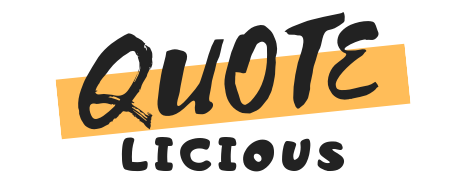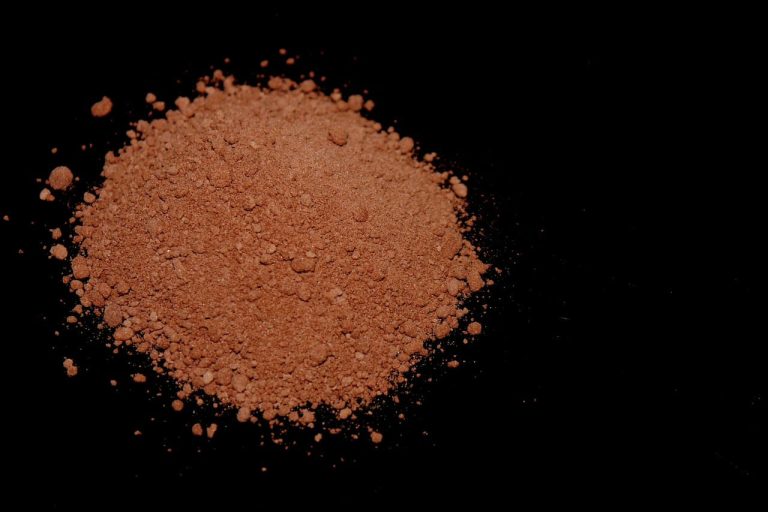Does Delta 10 Show Up On A Drug Test?
One of the most prevalent cannabinoids in the cannabis industry is Delta 10 THC. You’ve heard of delta-10 if you’re a regular cannabis user who takes CBD or THC (or both). It’s less potent than delta 9 THC, but it’s more stable and pleasant to use.
Given the preceding, many people have converted from delta 9 THC to delta-10 THC. It’s also permissible on a federal level, in theory. However, one question has arisen due to this cannabinoid’s popularity: What is Delta-10, and can it show up on a drug test? Is it possible to fail a drug test if you use delta-10 THC? In this article, we will explain in detail.
How do Drug Tests Work?
When you ingest a chemical for medical or recreational purposes, your body metabolizes it to detect its effects. The leftover metabolites are present in your blood, urine, saliva, sweat, hair, and lungs as your liver processes them. Even after delta-10, THC’s apparent effects have faded, its ‘track’ remains in these areas and can get discovered during a drug test. Workplace drug testing detects illegal drug metabolites. If you’re a cannabis user, drug testing can cause you restless nights, whether you’re a professional driver, a business employee, or a public safety officer.
Delta 9 THC is commonly detectable in drug testing. They don’t, however, actually test your THC levels. Instead, they seek metabolites created by your body after the liver has processed THC.
Different Types Of Drug Tests
A company may require you to do one of four different types of drug tests, whether regularly or before hiring you. Blood sample testing, saliva (or oral swab) tests, urine tests, and hair follicle tests are the four types of drug tests. While the urine test is the most prevalent, understanding the other types is helpful while preparing for a drug test.
THC of any form (Delta 8, Delta 9, Delta 10, or others) gets broken down in your body by your metabolism into tiny molecules known as “THC metabolites.” The drug test types remain limited, and they can still distinguish between Delta 8 and Delta 9 THC. Despite their differences in effects, Delta 10 THC, Delta-8, and Delta 9 THC are structurally identical.
While they may respond differently in your body, they all indicate the same thing on drug tests: THC is present. You could fail a drug test even if Delta-10 is legal in your state. Furthermore, even though Delta-10 products only contain up to 0.3 percent Delta 9 THC, drug tests do not look for THC levels.

What Effect Does Delta 10 THC Have on Test Results?
Using delta 10 can lead to a failing drug test in the end. However, some aspects of your use can increase or decrease your chances of testing positive, and these are crucial to know if you’ve used delta-10 and are about to take a drug test.
Factor #1: The last time you used Delta 10
THC-COOH virtually always clears out of the system three weeks after the last time it was used. It indicates you have a perfect chance of passing the test if you haven’t consumed tetrahydrocannabinol in three weeks.
Factor 2: How Frequently You Use It
Increased THC-COOH levels in the system are necessary for more frequent use. There’s a big difference between being a regular user and an occasional dabbler. For example, you might be okay if you’ve just used delta 10 once in the last month.
Factor 3: The method of delivery you use
Specific delivery methods necessitate additional time.
How to Cleanse THC in Preparation for a Drug Test?
● Make sure you’re getting plenty of water.
Although it may seem self-evident, it can be challenging to remember to drink water. The average adult consumes roughly 4 liters of water per day (depending on other factors such as exercise levels). The THC metabolites will get flushed out if you drink more water than the suggested amount (small molecules).
● Consume a well-balanced and nutritious diet.
Keeping yourself healthy is, of course, a good idea in general. When it comes to your food and clearing your system for a drug test, ensuring that your metabolism is healthy and that you are ahem regular will aid in the removal of toxins from your body.
● Exercise daily.
Exercising will aid in the maintenance of your metabolism, which is crucial in the removal of THC remnants from your system.
● It would help if you peed the morning of your exam.
The final phase in your prep procedure is flushing out the rest of the metabolites accumulated in your system overnight. Of course, there are kits available that will assist you in passing your exams. Examine which ones might be the most effective, but don’t rely on them to help you pass your drug test every time.
Is a 10-Panel Drug Test Effective?
A 10-panel drug test is quite good at detecting the drugs it’s supposed to detect. However, because urine is used in most instances, many medications have a narrow detection window. It means that most medications are undetectable within a short amount of time. If the alleged drug usage occurred a long time ago, a 10-panel drug test is not advisable. A hair follicle test is likely to be utilized in such circumstances.
Many medications can get identified for weeks or months using hair follicle examinations. A 10-panel drug test has the drawback of identifying a drug if used shortly before the test. Your body must have broken down the medication and passed it into your urine or whatever sample was taken for the test. In a 2016 study, researchers discovered that testing for drugs with pee is more successful than testing with saliva.
Do You Need to Worry About Delta-10 THC? If that’s the case, why?
Delta-10 THC could be the cannabis industry’s next big thing. It is due to the overwhelmingly positive response to this chemical thus far. As a result, manufacturers are scaling up the production of Delta-10 THC to fulfill the rising demand. Currently, brands are seeing hundreds of orders for Delta-8 THC products based on what they’ve seen. They’re anticipating a similar scenario for Delta-10 THC.
Consumers want to feel more relaxed without having to use medical marijuana. CBD isn’t always enough for these customers. Furthermore, several customers have expressed a need for something more substantial than CBD to supplement their natural wellness routine.
As a result, once these customers realize that Delta-8 and Delta-10 THC can give next-level benefits, they may not want to return to CBD. However, in the case of Delta-10 THC, there is a question of legality. According to the DEA, synthetically produced THCs are classified as Schedule I/Controlled Substances.
However, there is no clear definition of “synthetically derived” means. As a result, businesses are moving forward with the production of Delta-10 THC from CBD that is safe, legal, and compliant.

The Takeaway
If you’re taking a drug test frequently, the best case is to stay away from THC and anything else that could result in a false positive due to cross-contamination. Unfortunately, Delta-10 THC products, as well as D9 THC and Delta-8, fall into this category.







